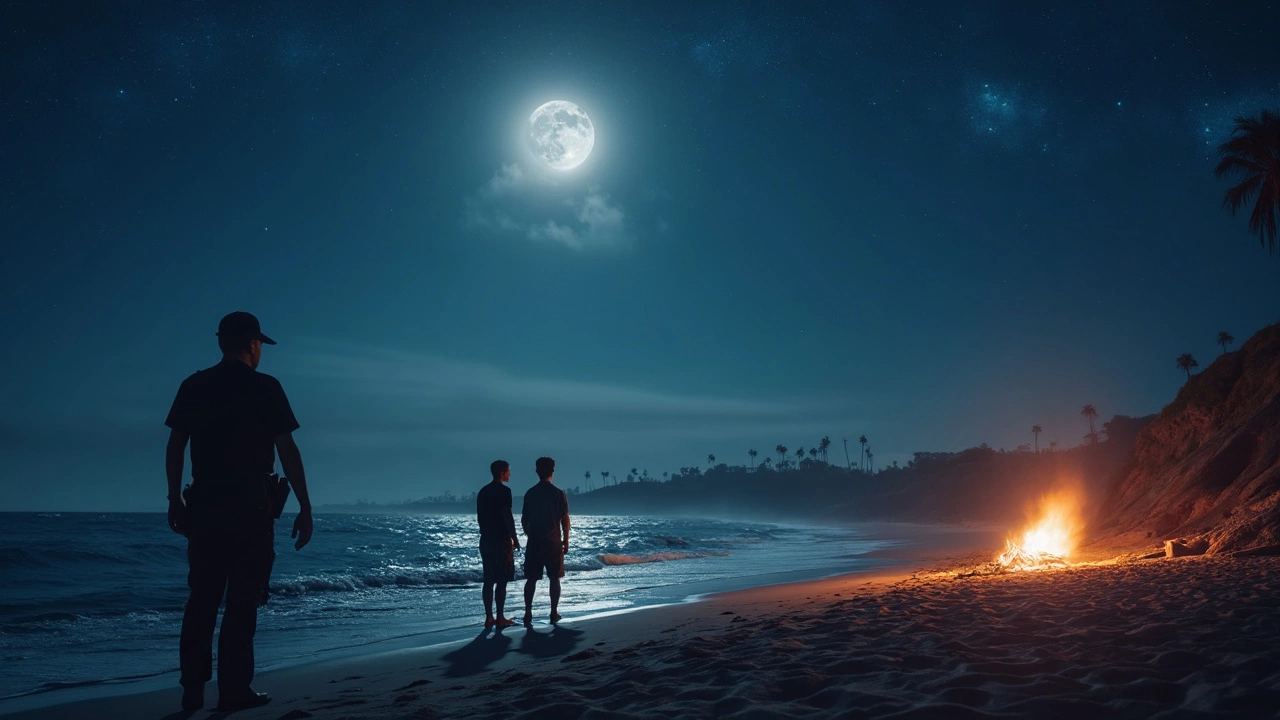Overnight Rules: Essential Tips for Sleeping on the Road
Planning to park your motorhome, pull over in your car, or pitch a tent after dark? Knowing the basic overnight rules can save you from fines, awkward confrontations, and unsafe situations. Below you’ll find simple, practical advice for the most common night‑time setups in the UK and nearby regions.
Motorhome and Campervan Overnight Rules
Most motorhome parks and service areas allow you to stay overnight, but the rules differ from one site to another. First, look for clear signage – a blue “overnight stay” sign usually means you can stay up to 24 hours without booking. If the sign is missing, treat the spot as a day‑use area and move on.
When you’re on a public road, the law says you can park and rest for a reasonable time, generally under two hours. Anything longer could be seen as illegal sleeping and may attract a penalty. Some local councils issue specific “park and sleep” permits for caravan sites; check the council website before you arrive.
Hookups matter too. If you’re using a campsite’s electricity or water, you’re expected to pay the full site fee. Skipping the fee while using facilities is considered trespass. Always ask the site manager about the length of stay allowed – many places cap it at 48 hours for non‑residents.
Inside the vehicle, keep noise low after 10 pm. Neighbours are more likely to complain if you blast music or run a portable heater. An easy way to stay respectful is to set a timer for lights and limit cooking to quick meals.
Tent and Car Camping Nighttime Guidelines
Wild camping in England is mostly illegal without landowner permission, but Scotland’s Outdoor Access Code lets you camp on most uncultivated land for up to two nights. In Wales and Northern Ireland, you need to find designated sites or get explicit consent.
If you want to pitch a tent in a public park, look for a “designated camping area” sign. Most parks only allow day use, so a night‑time tent could get you asked to leave. An alternative is to use a nearby official campground – they often have cheap pitches and basic facilities.
Car camping is a handy shortcut. You can sleep in a sedan or hatchback as long as you’re on a lay‑by, service station, or a designated rest area that permits overnight stays. Again, look for signage; many motorway service areas allow a 12‑hour stay, but some restrict it to 6 hours.
Safety first: always lock your doors, keep a flashlight within reach, and store valuables out of sight. If you’re on a beach, check local by‑laws – some coastal towns ban any overnight camping to protect wildlife and keep the shore clean.
Finally, respect the environment. Pack out all trash, avoid building fires unless the site explicitly allows them, and stay on marked paths. Following these simple overnight rules lets you enjoy the freedom of road travel without headaches.
Is it Illegal to Sleep on the Beach in California? What You Need to Know
Can you just roll out a sleeping bag and snooze under the stars on a California beach? This article unpacks the real rules about sleeping overnight on the sand, explaining how laws can shift from town to town. You'll find out where you can legally camp, what to expect if you break the rules, and a few smart tips for enjoying the beach without getting in trouble. Whether you've dreamed of crashing waves as your lullaby or just want a spontaneous night outdoors, here's what you need to know to avoid a surprise visit from the police. Find alternatives that keep your beach night both legal and memorable.
